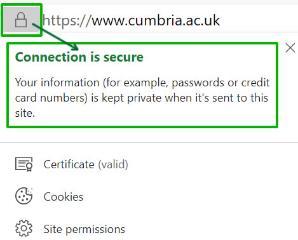- Store any documents carrying personal information – such as your driving licence, passport, bank statements, utility bills or credit card transaction receipts – in a safe and secure place.
- Shred or destroy your old documents so that nothing showing your name, address or other personal details can be taken.
- Monitor your credit report and regularly check your credit card and bank statements for suspicious activity.
- When you move house, contact your bank, credit and store card providers, mobile phone provider, utility providers, TV licensing, your doctor and dentist etc, and give them your new address – you don’t want the new tenants to have access to letters containing your personal information. You can also redirect your mail by contacting Royal Mail.
- Remember, less is more. The less you give away about yourself, the lower the risk of information falling into the wrong hands.
- Think before you buy online – use a secure website which displays the company’s contact details, look for a padlock symbol and a clear privacy and returns policy. Check the web address begins with https.
How can I tell if a website is secure?
Every secure website will display two things in your web browser address bar: A LOCK symbol and the web address will begin with HTTPS

Different web browsers will display the LOCK in slightly different ways (some may colour it green), but if you click on the lock you will be given more information:




